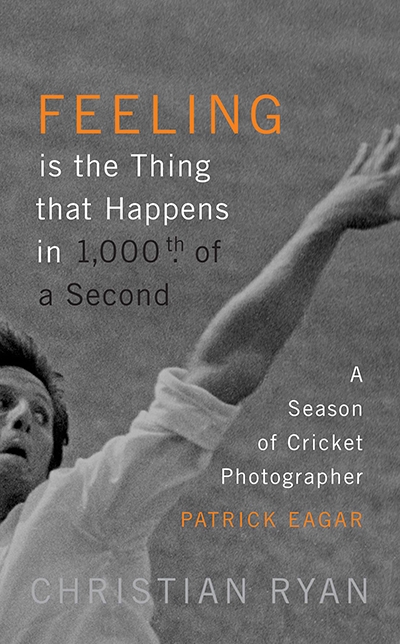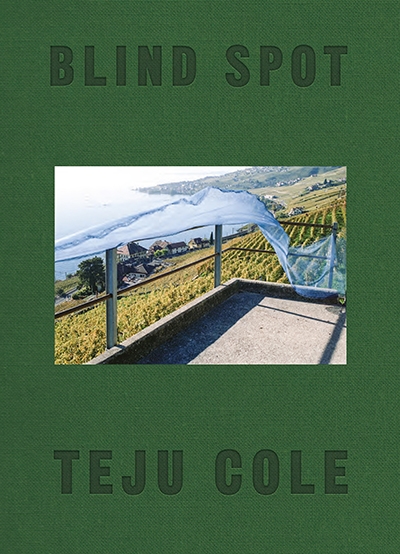Accessibility Tools
- Content scaling 100%
- Font size 100%
- Line height 100%
- Letter spacing 100%
Photography
The ABR Podcast
Released every Thursday, the ABR podcast features our finest reviews, poetry, fiction, interviews, and commentary.
Subscribe via iTunes, Stitcher, Google, or Spotify, or search for ‘The ABR Podcast’ on your favourite podcast app.
‘Where is Nancy?’ Paradoxes in the pursuit of freedom
by Marilyn Lake
This week on The ABR Podcast, Marilyn Lake reviews The Art of Power: My story as America’s first woman Speaker of the House by Nancy Pelosi. The Art of Power, explains Lake, tells how Pelosi, ‘a mother of five and a housewife from California’, became the first woman Speaker of the United States House of Representatives. Marilyn Lake is a Professorial Fellow at the University of Melbourne. Listen to Marilyn Lake’s ‘Where is Nancy?’ Paradoxes in the pursuit of freedom’, published in the November issue of ABR.
Recent episodes:
Vivian Maier: A Photographer’s Life and Afterlife by Pamela Bannos
Feeling is the Thing that Happens in 1000th of a Second by Christian Ryan & Lillee & Thommo by Ian Brayshaw
Even young trees bear the signature of deep time, if not eternity. For most of humanity’s existence, men and women have looked upwards through trees, wondering at the tracery of their branches piercing the firmament, the domed lid of the earthly world. Recorded mythology confirms that trees have occupied that special place in every ancient belief system; rooted in ...
William Yang: Stories of Love and Death by Helena Grehan and Edward Scheer

This photograph taken around 1890 shows what was done through over-clearing and grazing. Fifteen years ago, our property on the Mornington Peninsula featured two overused stock dams filled with opaque brown water. The muddy edges had no vege ...
As a freshwater ecologist, Alison Pouliot endeavours to understand the interplay of the processes that sculpt the Australian environment.
As an environmental photographer, she aspires to capture the intricacies and obscurities of these processes.
The insidious creeping nature of drought can sometimes lend itself more to images than words.
... (read more)






